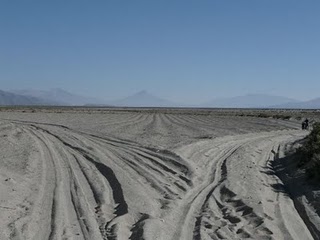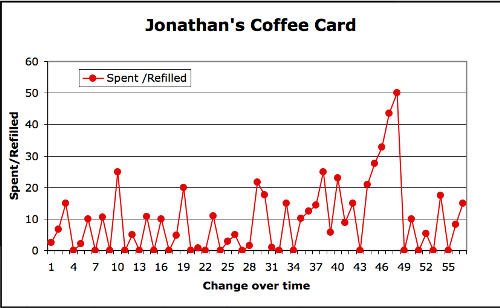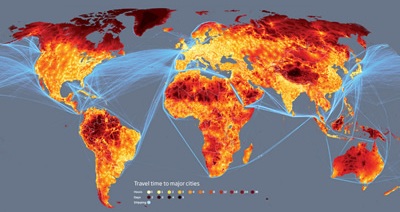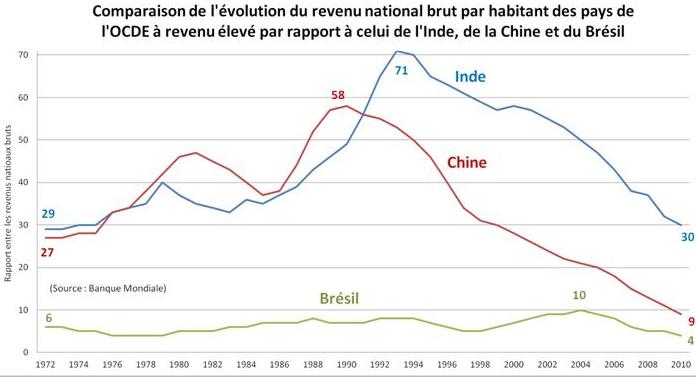I am not what has happened to me. I am what I choose to become – Carl Jung.
As I was about to write this post about destiny and choice I immediately thought about putting a very conventional picture like this

Which is just a nice way to express this choice problem, basically expressed by the following powerpoint – management presentation type drawing:

But after some thought, I realized that this is not how it happens in life. It is not like you wake up some day and face a decision, which you have to take in any case. It is far more like being carried away on a train and deciding whether or not we should go down at the next station to start something anew, like this

I like the metaphor because obviously you don’t want to jump out of the train just at this moment where the train is on the bridge. Yet if you want to decide on your destiny you need to decide when and how you’ll disembark from the train of life you’ve taken a few years ago. Beware, if you don’t decide, where it could bring you. This man seems to be resigned to where he is being carried away. Don’t be like him!
Think about it. Will you choose to exit your train at the next convenient point? Will you force yourself to go against the comfortable train trip to discover new horizons?









